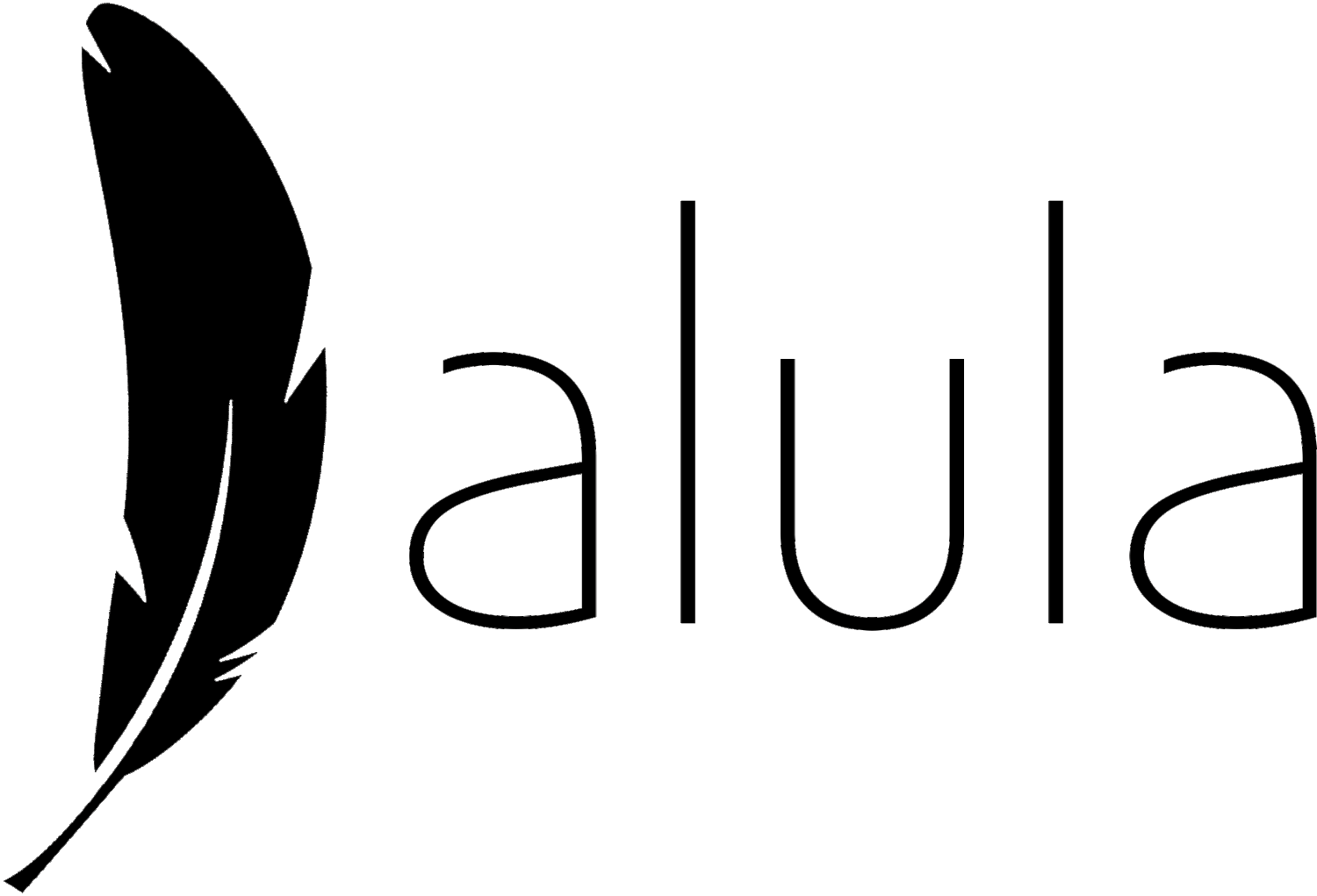What’s the Difference Between Core and Capacity Building Supports?
When you first receive an NDIS plan, it can feel like reading a foreign language. There are categories, codes, and funding terms you’ve never heard of before. Two of the most important—and sometimes confusing—terms are core supports and capacity building supports.
Let’s break them down.
Core Supports Core supports are designed to help you with everyday activities and current needs. These are the essential supports that help you live as independently and safely as possible. They include things like:
Personal care (showering, dressing, hygiene)
Transport (getting to and from appointments or community events)
Help with household tasks (cleaning, shopping, cooking)
Consumables (continence products, low-cost assistive technology)
Core supports are flexible. If you have funding under this category, you can often choose how to use it depending on what you need most day-to-day.
Capacity Building Supports Capacity building supports are all about the future. These services help you learn new skills, become more independent, and work towards your longer-term goals. They might include:
Support coordination
Employment-related supports
Improved daily living (life skills training, therapy)
Social and community participation (helping you engage in social or group activities)
Improved relationships (behavioural support planning)
Unlike core supports, capacity building funding is often more structured—you need to use it for its intended purpose.
So, what’s the difference in real life? Imagine you want to cook more meals at home. Core support might pay for a support worker to help you cook dinner. Capacity building support might fund a life skills class where you learn how to plan meals, shop on a budget, and cook independently over time.
Both types of funding are essential—and together, they help you meet your goals and live with greater autonomy.
Still unsure where a service fits? At Alula, we help our participants understand their plan and get the most out of it. Whether it’s helping you access therapy, book transport, or learn a new skill, we’ll guide you through the categories and advocate on your behalf.
You deserve to feel empowered and informed about your NDIS plan. We're here to make that happen.
